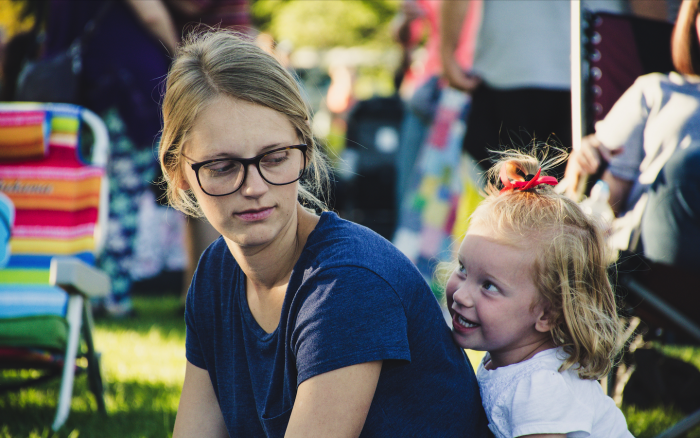Parenting. Is. Hard.
Kids don’t come with a warranty, return policy, or instruction manual. We can’t replace parts or order upgrades. There is no refund on defective products, and you can’t get credit for a new one. So, we must work with what we have!
I see every crisis as a lesson and every challenge as an opportunity. So, when my kid screwed up last night, I spent the next 12 hours trying to figure out the best way to respond.
I believe strict parents create sneaky kids. I also believe you have the most influence over your kids when you have a strong relationship. This does not mean you need to be their best friend! I question punitive measures. I believe we learn from consequence but think thoughtfully about the most effective consequence.
For example, I can take away my kid’s phone, but what does that really teach them? Will it prevent the problem from reoccurring? I can restrict access to friends, but will that prevent them from finding new friends resembling the old ones?
I can ground my child and increase their supervision, but will this prevent the next problem from reoccurring? Do they learn from their mistake, or do they learn to hide mistakes to prevent consequences? Will my responses teach them to be sneaky or help them to learn and grow?
This is tricky because we tend to parent how we were parented or the extreme opposite of how we were parented, which may not be what is most effective for our child.
When kids screw up, it is important to think about what we were like at their age and what would have helped us to avoid dangerous and unbecoming behaviour. At the end of the day, all we really want is for our kids to be safe.
All kids make mistakes. It is inevitable. It is how they learn. My belief is I want my kids to make their mistakes while they live under my roof so that I can coach them through it. I can push them to reflect and make better choices. I can help them navigate future choices.
Suppose I shield them from the world and prevent them from making mistakes. In that case, they will have to navigate bigger issues as a young adult, living on their own, at an age where the real-life consequences are bigger and more serious than having made the same mistakes as a minor or youth under my roof.
I want to be my kid’s soft place to fall. I want them to be honest and transparent about their experiences and mistakes. If I create a home where punishment and consequences are feared, how can my kids feel safe to be upfront with me?
It is essential the punishment fit the crime, so a lesson is learned. I just wish I had a manual of effective responses to undesirable behaviour that I could choose from! But, I don’t, so I have spent some time curating the conversation I will have with my child and will share it with you to help you navigate your family situations.
I like to start by saying, “I’m disappointed with you because…” Or “What do suppose is the problem with this situation?” This is more valuable than a lecture and sets the tone for the conversation.
“I am unhappy with the choices you’ve made because (insert the dangers, consequences, and how it made you feel).”
Then I flip the script. Rather than belittling my child, I will talk about my experience, feelings, and what I have learned:
>> Thank you for teaching me that I’ve been too easy on you, and I need to be more conscientious of what you are doing.
>> Thank you for showing me I have put too much trust in you, which is not a safe choice right now.
>> Thank you for helping me to realize I have been too lenient with you. I promise to improve my parenting moving forward.
>> Thank you for showing me you need help to make high-quality friendships as your current relationships aren’t serving you well.
>> Thank you for showing me I have more work to do in teaching you how to respect your body.
>> I’m going to need you to spend some time alone in your room without your phone, so you can reflect on the things we discussed.
>> I can’t let you drive the car right now because I’m not confident in the choices you are making, and I need you to be safe.
I like to end my teachable moments with my kids by saying, “So, what have we learned from this situation, and how will we respond if we are faced with this situation again?”
And guess what? We will face the situation again. In the classroom, we generally repeat things 5-10 times and review content a ton before it truly sinks in.
On sports teams, the coach doesn’t explain something once for an athlete to know it. The coach repeats instructions, supports the players with practice, and continues to revise and re-explain. Parents are coaches too! One lesson, one conversation, one heart-to-heart isn’t enough.
As parents, we have to plan for the inevitable, expect tough stuff to come up, and respond in the most effective and impactful ways that will be meaningful to our children.
Take time to curate your responses to maximize each situation so you can get the most mileage out of every learning opportunity.
I would love to hear how you respond to tricky situations and what works well in your family! Feel free to comment below.


 Share on bsky
Share on bsky





Read 12 comments and reply